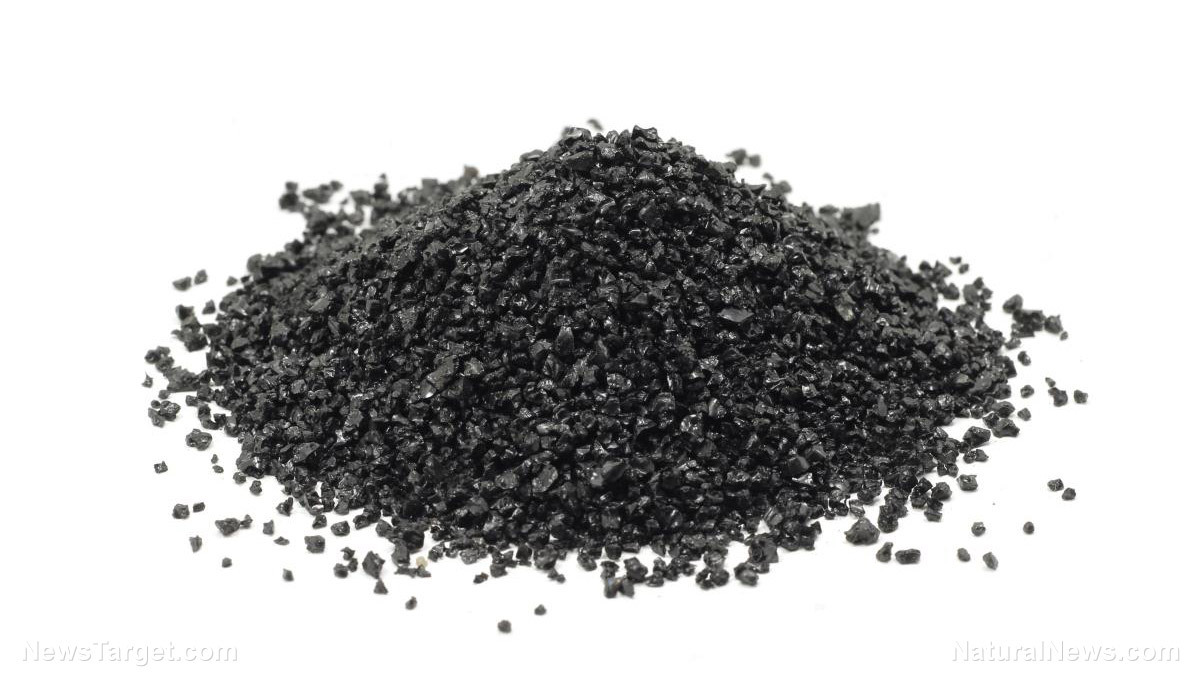School-aged children with cognitive dysfunction may have been exposed to air pollution while in the womb, according to new study
02/07/2019 / By Jessica Dolores

Air pollution is a modern-day scourge many city folks can’t ignore. It’s in the toxic smoke we inhale from vehicles. It’s in the cigarette smoke we unwittingly inhale from the guy standing next to us in the checkout counter.
More sad news: Even unborn children suffer from the sins their elders commit against the environment. A recent study in the Netherlands found that fetuses exposed to residential air pollution had brain abnormalities that could explain their poor performance in school.
The study, as reported in Biological Psychiatry, states that air pollution is linked to changes in the brain. Researchers observed pregnant women and followed their children from fetal life and beyond. Dr. Monica Guxen of the Barcelona Institute for Global Health and her team studied pollution levels in the pregnant women’s homes. Six to eight years after the babies were born, the research team performed brain imaging. They found abnormalities in the thickness of the brain cortex.
Dr. John Krystal, editor of Biological Psychiatry remarks, “Air pollution is so obviously bad for lungs, heart, and other organs that most of us have never considered its effects on the developing brain. But perhaps we should have learned from studies of maternal smoking that inhaling toxins may have lasting effects on cognitive development.”
This is because a fetus’ brain is not yet well-developed to fight the harmful effects of environment toxins. At its worst, air pollution can even lead to permanent brain damage.
It starts at home
Prevention, as always, starts at home. Protect yourself and your loved ones from air pollution by taking these steps.
- Don’t smoke. You’ve heard it so many times before: Cigarette smoke is dangerous to your health. But it’s two times more harmful to children, whose lungs are still developing, and therefore are not capable of fighting the bad effects of nicotine. Spare everyone from the dangers of first-hand, second-hand and third-hand smoke. Just don’t light a cigarette.
- Use natural cleaning supplies like white vinegar, baking soda, hydrogen peroxide, lemon, natural salt and others instead of household cleaners that cause indoor pollution. Their strong chemicals can irritate the nose, mouth, lungs and skin.
Pulmonologist Dr. Sumita Khatri says they’re also especially harmful to people suffering from asthma and chronic sinusitis. She also warns that the chemicals can trigger allergies.
- Leave your shoes at the door. Those shoes pound heavily polluted streets and other areas. Don’t share those pollutants with your loved ones.
- Cover trash so they don’t attract disease-carrying pests.
- Dust surfaces clean and vacuum floors often.
- Clear your home of clutter. This invites bacteria and all sorts of germs.
- Steer clear of air fresheners. They contain strong chemicals that can harm sensitive, or developing lungs.
- Check if the exhaust fans in your bathroom or kitchen are working well. This way, you’re protected from disease-carrying fumes that could accumulate in your home.
- Protect your home from nitrogen dioxide and and carbon monoxide. Make sure your gas stove are well-ventilated.
- Test car emissions often to protect your home from deadly car fumes.
- Minimize carpets. No matter how nice or expensive they look, these attract bugs that could spread around your home.
Air pollution is a strong, silent killer. The end to this problem is nowhere in sight, even as we — and our children — pay the heavy price of progress. Let’s protect ourselves, and the unborn from this deadly force that threatens our life, and the way we live it, before it’s too late.
Sources include:
Tagged Under: air fresheners, asthma, brain health, breathing problems, cardiovascular health, child development, childhood asthma, children's health, cigarette smoke, clean living, cognitive dysfunction, gestation, mothers health, neurocognitive development, toxic chemicals, unborn baby

















